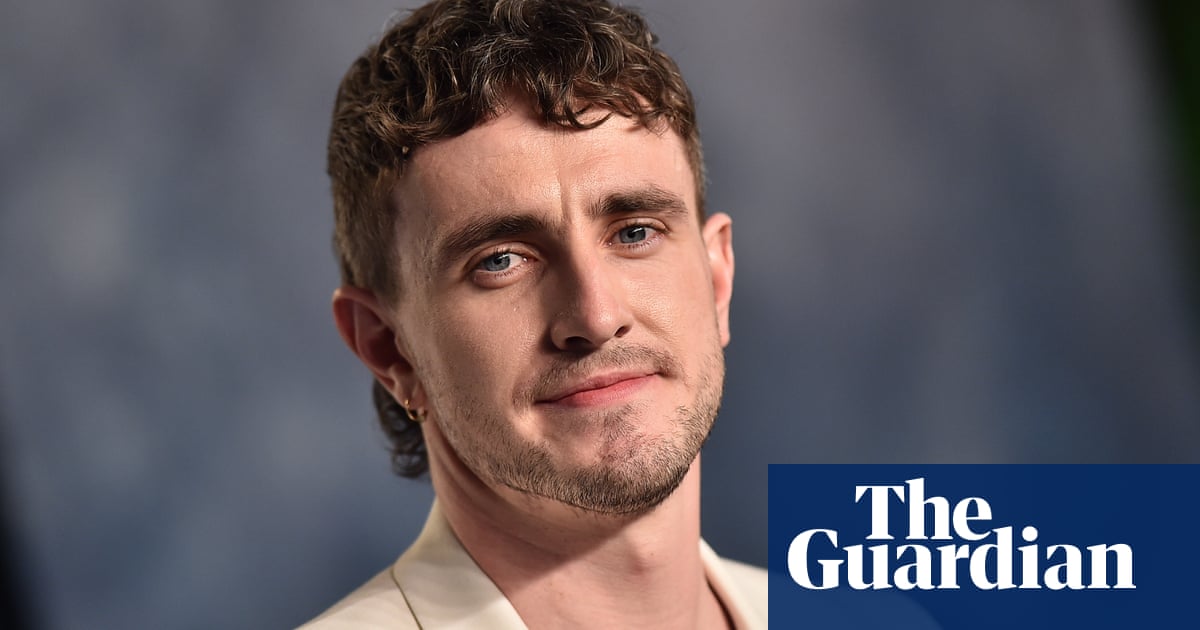
Companies like Crimson Education coach students on how to improve their chances of being one of the few who receive an offer letter
Demand can differ from country to country, with those in the UAE preferring British institutions
DUBAI: Getting into a prestigious Ivy League university is no easy task.
According to the latest figures, California’s Stanford University was especially picky, with a 2019 acceptance rate of just 4 percent. Columbia and Harvard followed with 5 percent, while Princeton and Yale were slightly easier with 6 percent of applicants getting offers.
The race to get these coveted places is also getting harder as the number of applicants has gone up and universities have become even stricter. Dubai-based Crimson Education has reported a surge in clients looking for help to gain access to institutions in the US, as well as into Oxford and Cambridge.
“The number of students who joined Crimson Education in the region over the past six months was 200 percent up from the same period the previous year,” Soraya Behesti, regional director for the Middle East and Africa at Crimson Education, told Arab News. “The company had a big push to hire new strategists in order to meet the surging demand. Crimson grew 250 percent from 2019 to 2020 and is projected to grow more than 150 percent this year.”
The demand makes sense.
A 2015 report from the US Department of Education found that the average salary of Ivy League graduates a decade after they finished university was $70,000 a year, compared to the average salary for non-Ivy League graduates of $34,000.
Companies like Crimson Education coach students on how to improve their chances of being one of the few who receive an offer letter, and Behesti said the acceptance rate among their clients was three times the global average.
There are also a number of trends which has seen demand for such services skyrocket in recent years.
“The number of students who applied early to Ivy League colleges skyrocketed in 2020, although the acceptance rate reached record lows,” Behesti added. “Applications to Columbia and Harvard’s early rounds increased from the previous year by 49 percent and 57 percent, respectively. Applying early to their top-choice university usually gives students an advantage but last year, the early round acceptance rate was closer to that of the regular round, with Harvard admitting just 7.4 percent of early applicants, from 13.9 percent in the previous year.”
Students have started enrolling for help earlier because of the increased competition, and Behesti said Crimson had seen a rise in demand from clients as young as nine.
“When we work with students from a young age, our sessions and objectives are not focused on universities per se, but building really strong foundations, developing a growth mindset, cultivating good study habits, learning entrepreneurial thinking and even developing core skills such as coding, debate or languages.”
Demand can differ from country to country, with those in the UAE preferring British institutions, while Saudi students show a preference for US ones, especially Columbia, Harvard and Yale.
Having the right aptitude is good, but money also really counts. Crimson said that studying at an Ivy League university cost between $30,000 and $45,000 per year, although between 40 and 60 percent of students received some form of financial aid.
“For GCC students, governments offer attractive scholarships — but usually only for students who gain admission to the top 100 universities. We have worked with Emirati and Saudi students of all abilities, from A-grade academics to students struggling at school, to ensure their admission to the top 100 schools through academic tutoring, admissions support and extra-curricular coaching, thereby allowing them to receive government scholarships,” Behesti said.












